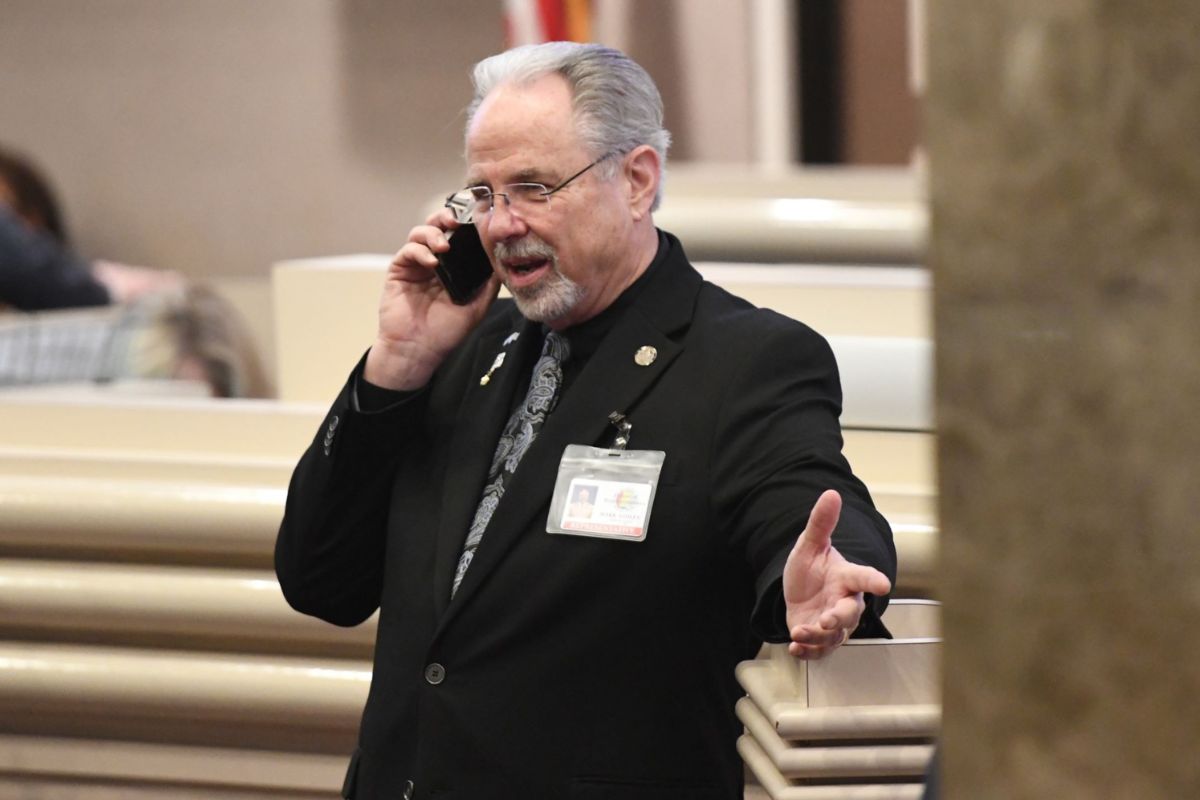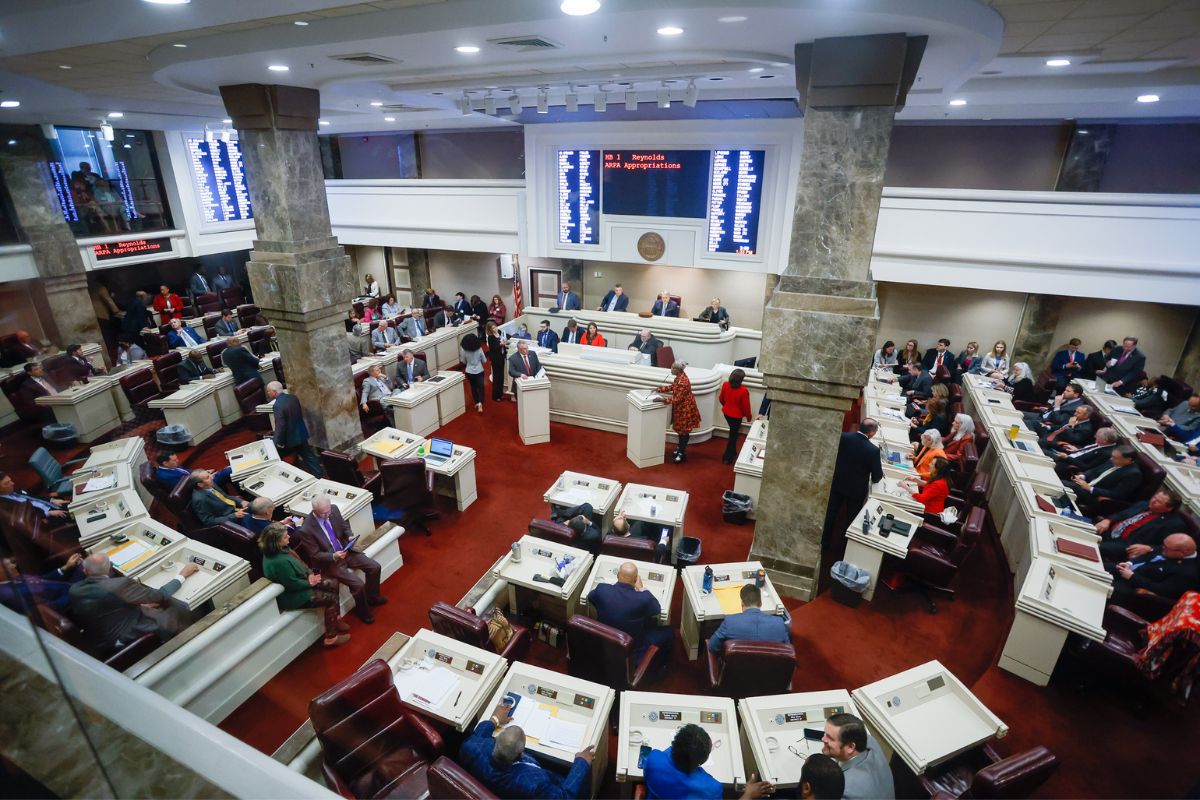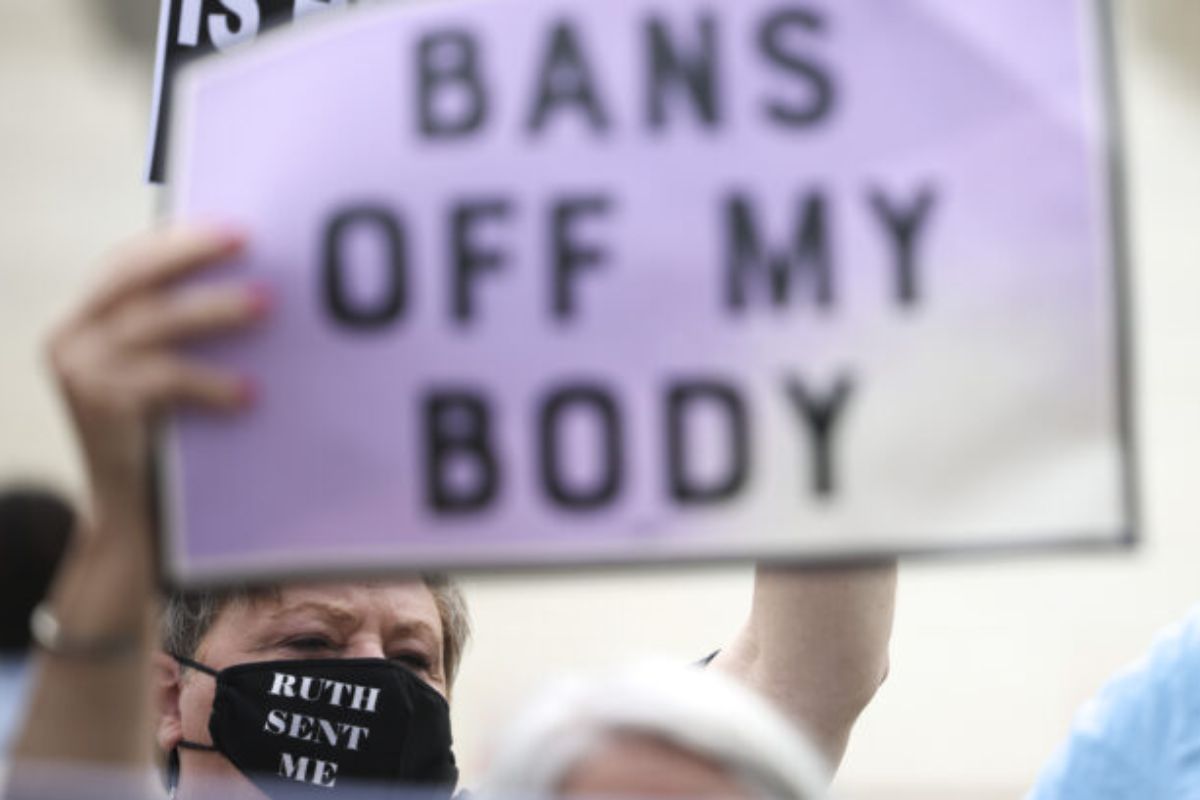New Alabama Bill Targets Aid for Minors: The new Alabama bill, HB 378, proposed by Rep. Mark Gidley, seeks to criminalize assistance for minors seeking abortions without parental notification. This could lead to Class A misdemeanor charges and jail time. Critics, including Planned Parenthood Alabama and advocacy groups, raise concerns about potential impacts on reproductive rights and healthcare access for minors.
The bill is under revision, with discussions set to resume after the Legislature’s spring break. It has sparked debates on individual rights, parental involvement, and legal ramifications, reflecting broader national discussions on reproductive rights and healthcare. More insights into the bill’s implications and ethical considerations await.
Proposed Legislation in Alabama House
Amidst contentious debates surrounding reproductive rights, a proposed legislation in the Alabama House, HB 378, has sparked intense scrutiny and discussion. This bill, introduced by Rep. Mark Gidley, aims to criminalize individuals who aid minors under 18 in obtaining abortions without parental or guardian notification. The bill suggests a Class A misdemeanor charge and potential jail time for those found assisting minors in concealing abortions from their parents or guardians.
Rep. Gidley has mentioned that revisions to the bill are currently being worked on, with discussions expected to resume post the Legislature’s spring break. The proposed legislation has ignited a heated conversation regarding the balance between minors’ autonomy in reproductive health decisions and parental rights.
Supporters argue that parents deserve to be informed about such significant medical procedures involving their children, while opponents raise concerns about potential harm to minors in abusive or neglectful family environments. The bill’s progression through the legislative process will assuredly involve further deliberation and scrutiny from various stakeholders with vested interests in the outcome.
Context and Opposition to the Bill
Opposition to the Alabama bill targeting aid for minors seeking abortion arises from concerns regarding potential infringements on reproductive rights and the perceived broad scope of its definitions, which could have unintended legal ramifications. Critics, including Planned Parenthood Alabama and advocacy groups, have voiced apprehensions about the legislation’s impact on individuals providing assistance to minors seeking abortions.
The exemptions for medical emergencies and judicial waivers within the bill are acknowledged, but there remains unease about the overall implications it may have on reproductive healthcare access for minors.
The bill’s language has sparked debates about the possible unintended consequences, with opponents highlighting the risks of litigation against those offering support to minors in such sensitive situations.
Besides, there are fears that the broad definitions within the bill could lead to confusion and ambiguity in its application, potentially curtailing the ability of minors to seek safe and legal abortion services. As discussions around the bill continue, stakeholders are advocating for a more nuanced approach that safeguards both reproductive rights and the well-being of minors.

ALSO READ: Rep. Sewell Lands Massive 13.1M Funding for Local Projects
Political and National Landscape
In the current political and national landscape, discussions surrounding reproductive rights have gained prominence, particularly as Democrats focus on elevating the issue in the lead-up to the 2024 elections. Recent electoral successes, like that of Rep. Marilyn Lands in Huntsville, campaigning on expanding reproductive care access, indicate a shift in public attitudes towards abortion and healthcare.
This momentum has been further fueled by organizations such as the American Medical Association, emphasizing the critical need for confidential access to abortion for minors. These positions stand in contrast to the proposed legislative measures, like the new Alabama bill targeting aid for minors seeking abortion, which have sparked debates on the balance between parental involvement, medical confidentiality, and individual rights.
As the political landscape evolves, it is evident that reproductive rights will remain a contentious and central issue in the upcoming elections, shaping the discourse on healthcare, autonomy, and the role of government in personal decisions.
Legal and Ethical Considerations
Legal scholars and ethical analysts are closely scrutinizing the implications and ramifications of the Alabama bill targeting aid for minors seeking abortion within the framework of existing laws and ethical standards. Concerns have been raised regarding potential conflicts with interstate commerce laws and constitutional rights, with experts highlighting that Alabama’s jurisdiction may not extend beyond its borders.
Critics have condemned the bill as fear-mongering and an intrusion into personal decisions, suggesting that it could disrupt essential support systems for pregnant individuals. The legislation’s impact on individual rights and its wider effects on reproductive healthcare access are subjects of intense debate as the bill progresses through the legislative process.
As legal and ethical experts explore the intricacies of this proposed legislation, the delicate balance between government intervention and individual autonomy in matters of reproductive health remains at the forefront of discussions, reflecting the complex intersection of law, ethics, and personal freedoms in this contentious issue.

News in Brief
The proposed Alabama bill targeting aid for minors seeking abortion has sparked heated debate and controversy.
The legal and ethical implications of such legislation are complex, with strong opinions on both sides.
It is important to carefully consider the potential impact on minors’ access to healthcare and their reproductive rights.
The outcome of this bill could have far-reaching consequences for the state and its residents.

